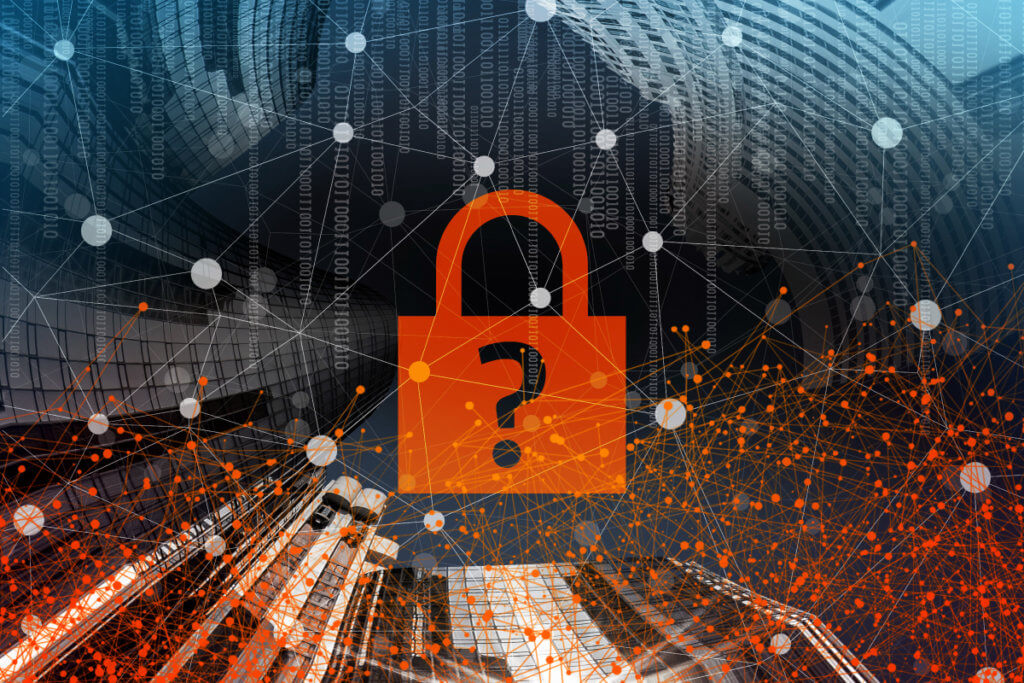The Chief Information Security Officer (CISO) is responsible for information and data security throughout the company. Compared to roles such as the Chief Security Officer or the head of department for security, the area of responsibility is greater.
This is probably because the role combines strong technical skills with great management and personality. Finding someone with such all-round skills who also fits into the corporate culture is like finding a needle in a haystack. This difficult to-fill position makes it even more difficult for companies that have split roles into CIO.

Part of a CISO’s job is to communicate directly with the boardroom. This includes reporting on progress, begging for money to make even more progress, ensuring that the company’s data security goals are met and being able to explain why if not. Unfortunately, the CISOs don’t usually speak about infosec. So your job is to translate your needs, goals, and reports into digestible bits that a board can fully understand. By combining this ability with the previous ability to be friendly and approachable, CISOs can use their skills to build good relationships with the board. Over time, your relationship with the board can develop into a more honest and open relationship. The board will learn to trust the strategies, suggestions and demands of the CISO. But that doesn’t happen overnight. A CISO must have the right personality with whom to build that trust over time.
Be Able To Reconcile Security With Business Goals
An important aspect of a CISO is to remember that if he really wants to, he can create a super safe , non-hackable system from which no data can escape. But this vault is likely to make it difficult for the company to make money. After all, data has to flow for a company. For a great CISO, it’s always a balancing act between what’s good for security and what’s good for the company. A company’s primary concern is to create wealth through its products and services. If a CISO is unable to see the big picture and align its goals with overall business goals and missions, it is doomed to fail. Culture plays a major role here when processes have to be changed. Who is the CISO going to? Who will be affected? People have to be part of this decision-making process, and that requires that it be accessible and friendly – there we have it again. Creating a culture of change is not easy and requires a lot of quality.
